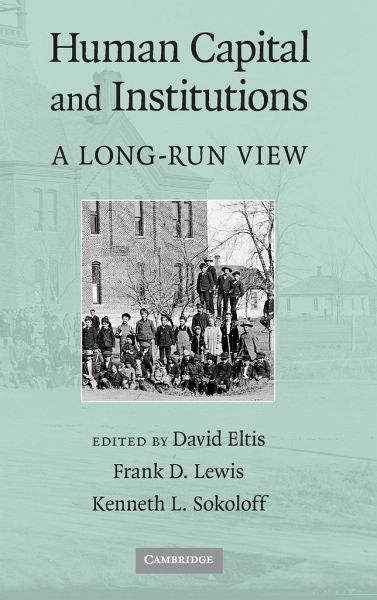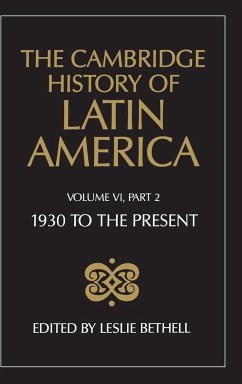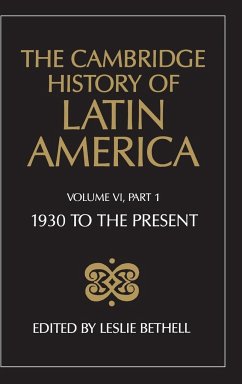
Human Capital and Institutions
Versandkostenfrei!
Versandfertig in 1-2 Wochen
81,99 €
inkl. MwSt.
Weitere Ausgaben:

PAYBACK Punkte
41 °P sammeln!
Human Capital and Institutions brings to the fore the role of political, social, and economic institutions in human capital formation and economic growth. Written by leading economic historians, the chapters in this text offer a broad-based view of institutions and human capital in economic development.














